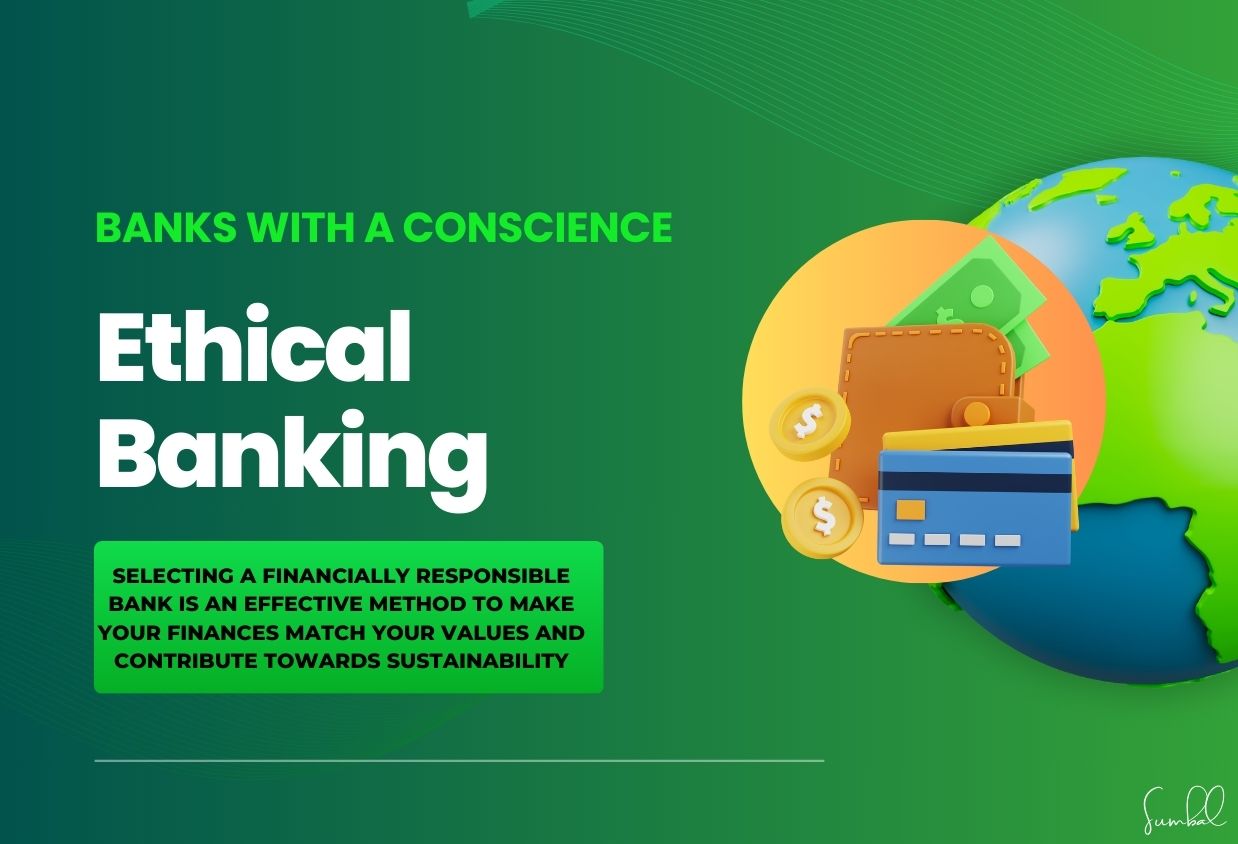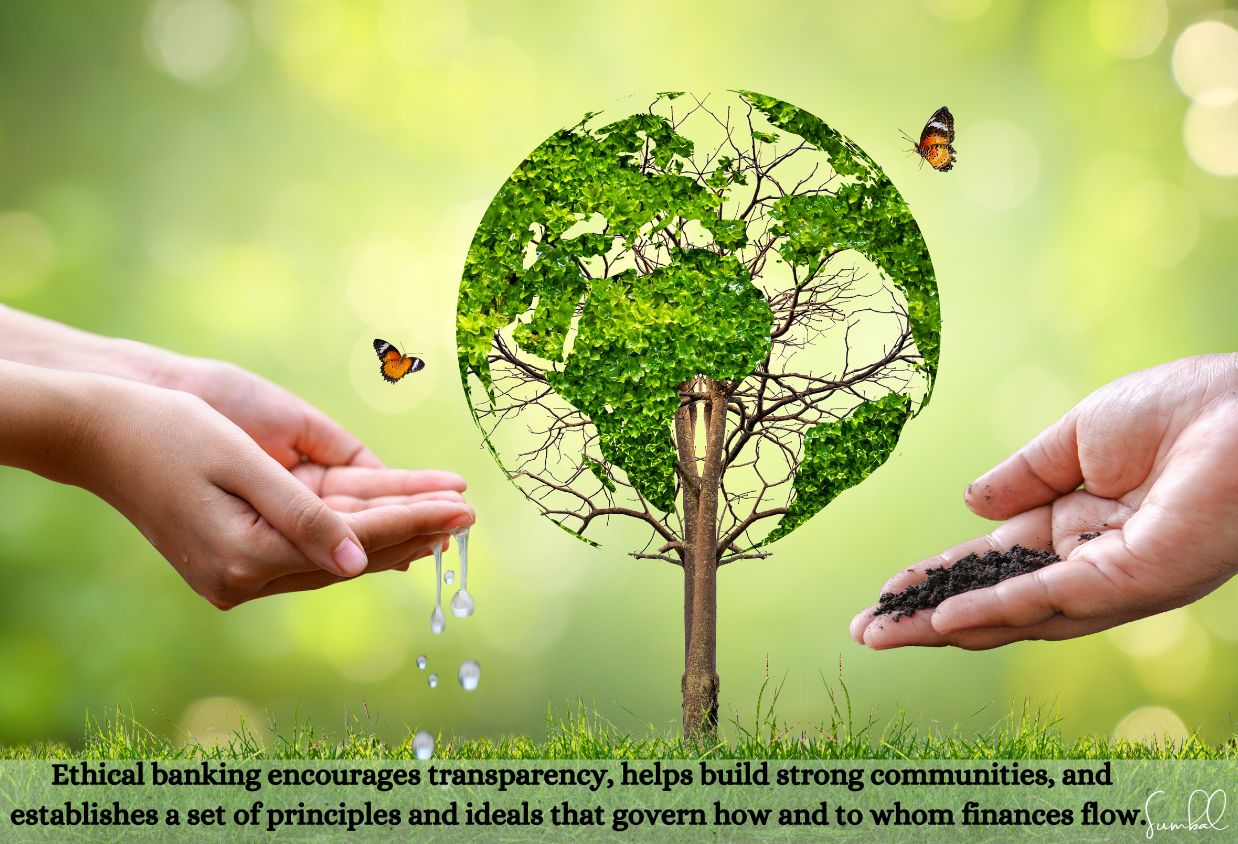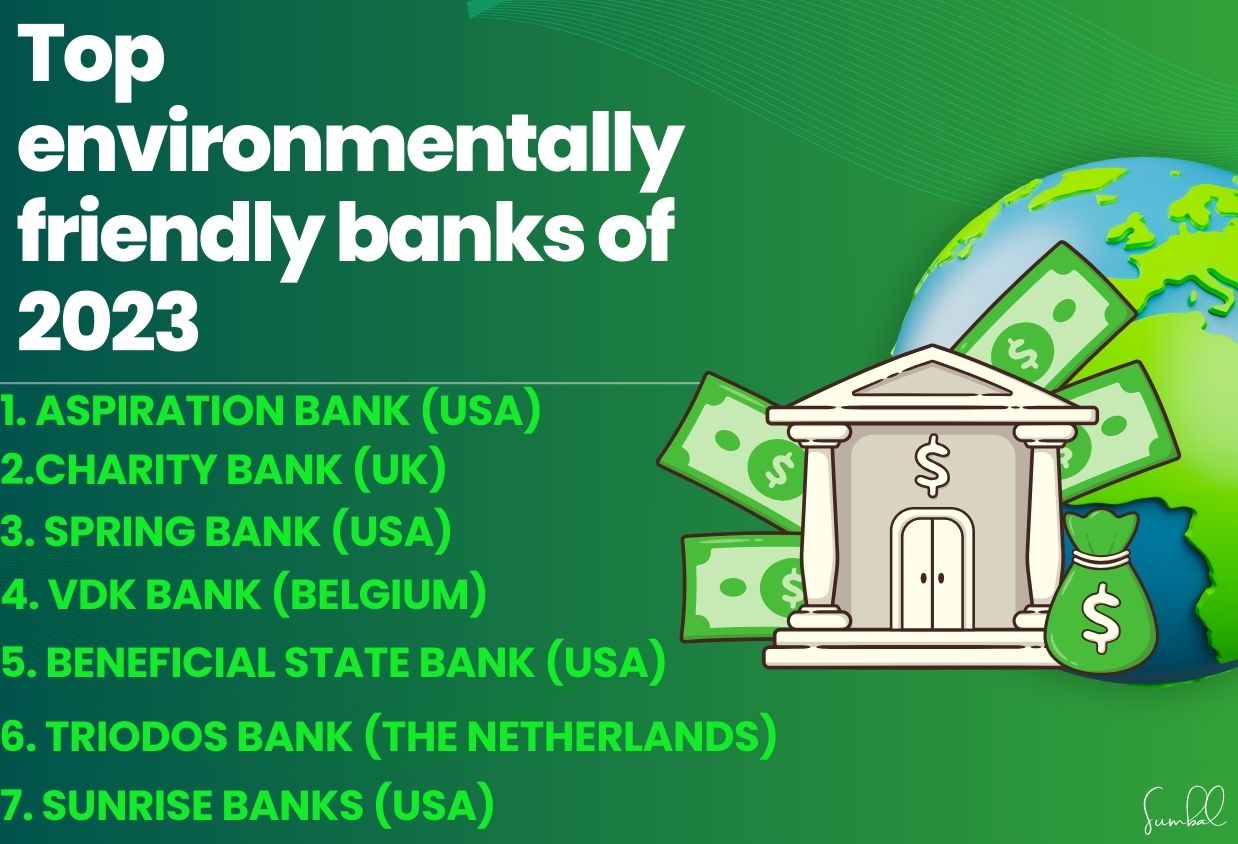Ethical banking has recently become popular as more customers want to engage banks that uphold their values. The concept of ethical banks is based on environmental, social, and governance (ESG) criteria, applying sustainable finance to develop projects that are helpful for communities and the environment. Here is what ethical banking is and why it might become more essential in the near future.

What is Ethical Banking?
Ethical banking is not governed by the interest of profit but addresses how banking services can be used for good. Ethical banks do not invest in socially or environmentally irresponsible sectors like fossil fuel, weapons, or companies with questionable track records on employees. They concentrate on industries such as renewable energy and utilities, real estate, and social investment, so people can easily correlate their money with their values.
Key Principles of Ethical Banks
Environmental Responsibility
Ethical banks focus on green banking by investing in renewable energy, the sustenance of agriculture, and conservation projects. With environmentally friendly banks, certain purchases are designed to support projects concerned with climate change, clean up pollution, or increase the rates of species conservation.
Social Impact
Ethical banks assume that a society should be equal, mainly sponsoring and investing in housing, community welfare and social justice, and fair labor for its members. They may also provide micro-credit services to small businesses, which enables the business to be established and, therefore, creates income sources for other people.
Governance and Transparency
Ethical banks always ensure that investments and operations are easily understood and as transparent as possible to the customer. These banks might also have ethical charters or codes of ethics to ensure they do not engage in the wrong business practices. Corporate governance and transparency are important to guarantee people’s trust and let them understand where their money is being spent.

How to Identify an Ethical Bank
Over the past few years, more consumers have shifted toward sustainable finance thus making many banks offer their ESG ratings. However, some of the banks that associate with the ethical label are not very firm with their ESG adherence. The following advice will help you locate a bank that is truly ethical:
Research ESG Ratings
ESG ratings are ratings given by third parties to analyze the extent of the bank’s compliance with the Environmental, Social, and Governance risk factors. Because ESG rankings are subjective, choose established rating agencies and pick the banks with impressively high scores on ESG.
Check Their Investment Policies
Have a look at the bank’s official investment policy to determine which industries it funds or excludes. Ethical banks do not invest in negative sectors, so a clear policy on this is a good point.
Look for Certifications
However, certain ethical banks are associated with some certifying body like B Corp or the Global Alliance for Banking On Values (GABV) that prescribe the measurements of social and environmental performance.

Why Ethical Banking Matters
To be more precise, consumers can be active contributors to change in a positive direction by chasing ethical banking. The money carried in such banks is used to finance good causes within society rather than contribute to the negative impact of society. This occurs as the public becomes more conscious of climate change, inequality, and ethical business practices; ethical banking is a way in which people can make an ethical decision regarding their deposits as well as their investments.

30s & Beyond: Smart Retirement Reserves

Family Wealth: Strategic Asset Allocation

Offshore Trusts: How the Rich and Famous Conceal Assets

Retirement Planning: Secure Future Young

The Ethical Framework for Investing: Juggling Profit and Values

6 Steps to Open Demat Account

Investment Horizons for the Coming Decade
